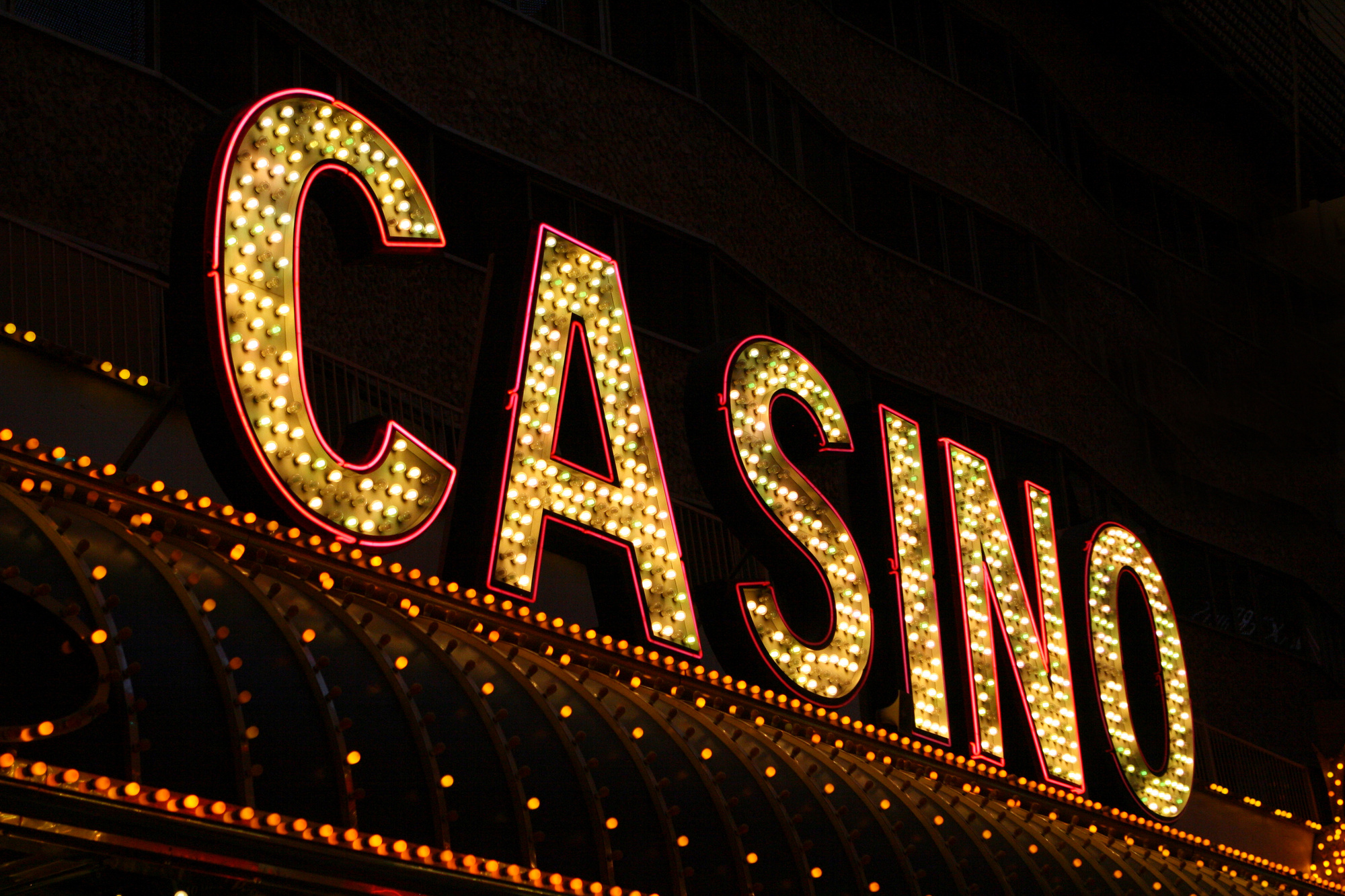How Casino Games Mirror the Human Existence

Casino games have long been a staple in human culture, offering not just entertainment but a fascinating reflection of our dreams, wishes, and fears. From the turning reels of a slot machine to the tactical play of poker, these games represent a spectrum of human emotions and incidents. At their core, casino games are not just a chance to win money; they are a microcosm of life itself, where risk and reward intertwine and fortunes can change in an instant.
As players convene around tables or sit in front of brightly lit machines, they engage in a ritual that transcends mere playing. These games mirror our instinctive desires for relationships, adventure, and the pursuit of luck. They also unveil deeper truths about human psychology, such as our relationship with chance and the adrenaline of risk. In exploring casino games, we reveal not only the mechanics of play but also the intricate pattern of the human experience, showcasing our woven narratives of goal and reality.
The Psychology of Gambling
Gambling is intrinsically connected in the psyche of individuals, appealing to various feelings and desires. The thrill of risk-taking is a core aspect that attracts participants, be it the thrill of spinning a roulette or the anticipation of drawing a winning hand in poker. This adrenaline is frequently likened to other forms of thrill, as the unpredictability of outcomes elicits a unique psychological response. Gamblers often find themselves captivated by the possibility of striking it rich, leading to an almost magnetic draw toward casino games.
Another, a crucial component of the psychology behind gambling is the concept of hope and ambition. Participants often indulge in fantasies of financial freedom and the opulent lifestyle that can accompany winning. This hope fuels their continued participation in casino games, as it provides a sense of purpose and the belief that a life-changing win could be just one bet away. The narrative of beating the odds and achieving success resonates with many, strengthening their commitment to play and engage with these games.
Finally, social dynamics play a significant role in gambling psychology. Casino environments are designed to foster social interaction, where gamblers gather to share the experience of wins and losses. This communal aspect not only amplifies enjoyment but also affects behavior, as individuals often imitate the actions of others in their vicinity. The collective approval found in mutual thrill can enhance the emotional experience, making casino games a mirror of not just personal desires but also shared involvement within the gambling community.
### Risk and Reward: A Double-Edged Sword
Gambling games embody the delicate balance between risk and reward that resonates profoundly with human psychology. Nhà Cái Uy Tín The excitement of placing a bet is often accompanied by a rush of adrenaline, as gamblers are confronted with the possibility of striking it rich, yet fully aware of the risk to suffer losses. This bipartisan experience reflects a fundamental aspect of life: the decisions we face often come with intrinsic risks, and the chase for gain can compel us to embrace risks we might not typically consider. In this way, gambling activities echo real-world choices, enticing players to gamble not just their funds, but also their dreams.
The allure of jackpot prizes and winnings fuels a wave of hope, encouraging gamblers to envision a better future that could emerge from a fortunate turn of the wheel or dealing of a hand. This positive outlook can compel individuals to engage in greater risks, encouraging them to take greater risks in search of monetary success. However, just as in life, the consequences of these decisions can lead to both victory and loss. The narratives of both big winners and those who have lost everything at the tables demonstrate the unpredictable nature of chance and its significant impact on our lives.
Ultimately, the interaction of engaging with casino games serves as a strong reminder of the nature of humanity. Every game played is filled with the tension of ambiguity, as players weigh the gains against the dangers. This dynamic not only highlights the thrill that comes with gambling but also unveils the weaknesses that come with the desire for more. As we explore the challenges of choice and consequence in both the gambling world and in life, we find that the pursuit of risk and reward shapes our character and lives in deep ways.
Community and Solitude in Casino Environment
Casino environment is a distinct combination of social interaction and personal endeavor, reflecting the dualities of human experience. Gamblers often come together around games, sharing in the excitement of the action, celebrating wins, and sympathizing over losses. This social aspect is essential, as it fosters a sense of community and bonding among varied groups of individuals. Regular attendees to gaming establishments may form friendships and develop routines, turning the gambling venue into a alternative home where they experience linked to a larger community of players.
However, the appeal of gambling games can also lead to isolation. As individuals become immersed in the excitement of gambling, they may withdraw from personal connections or neglect to interact with the world outside the gaming space. For some, the search of a windfall can distract from genuine relationships, leading to isolation. The experience of being surrounded others yet feeling solitary is not rare, as the attention shifts from collective fun to the individual concerns of each individual’s path.
This interaction of community and solitude creates a vivid tapestry that defines gaming culture. It highlights the complexity of social interactions, where joy and despair exist together. Gambling venues serve as both a refuge for social interaction and a stage for individual challenges, illustrating how deeply entwined our yearning for connection and the individual quest for fortune can be. In navigating this landscape, players confront their own stories—seeking both the rush of the game and the companionship of other players, ultimately mirroring the wider spectrum of human experience.